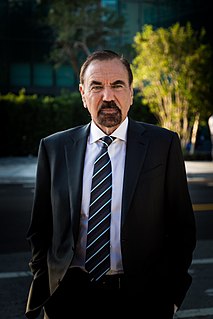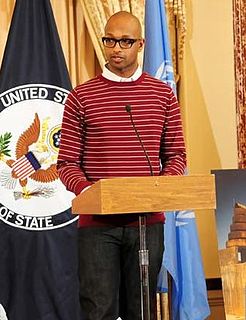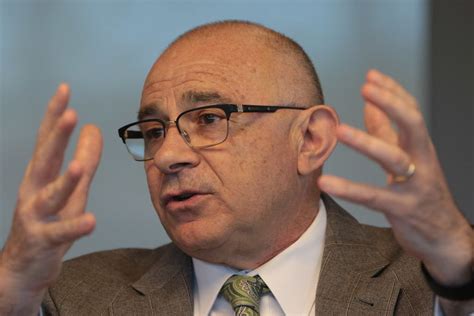A Quote by Jorge M. Perez
I started my career as an urban planner, working for the city, doing what I would call 'do-gooder' things, particularly for low-income neighborhoods.
Quote Topics
Related Quotes
I have no idea how I do anything. I never have. You know I just started playing guitar and started singing and started working on this act that I would call "Don McLean" when I was probably in high school. And I have been doing this for 40 years, adding songs and writing things, cobbling together albums, doing live things, you know, albums and tours. And then I have records on the charts. I have no idea how this happened.
I lived in lower-income neighborhoods in the inner city. Across the street were dark parts of the world. I've experienced the gamut, from third world to inner city to my parents working their way out of being secretaries and janitors to professors and real-estate people. They've shown me a path of perseverance and hard work in a peaceable way.
The solution for rising up kids in the income distributionlies is in creating better childhood environments for kids growing up, especially in low income families. And so what means such things like schools, the quality of neighborhoods. If you think about what's gone on in Baltimore, it's a place of tremendous concentrated poverty. People aren't really seeing a path forward and I think revitalizing places like that can have a huge impact, even in the face of globalization and changes in technology.
During my eleven years as a New York City public school teacher, I saw firsthand the impact that poverty has on the classroom. In low-income neighborhoods like Sunset Park, where I taught, students as young as five years old enter school affected by the stresses often created by poverty: domestic violence, drug abuse, gang activity.
Most Americans living below the official poverty line own a car or truck - and government entitlement programs seldom provide cars and trucks. Most people living below the official poverty line also have air conditioning, color television, and a microwave oven - and these too are not usually handed out by government entitlement programs.
Cell phones and other electronic devices are by no means unheard of in low-income neighborhoods, where children would supposedly go hungry if there were no school-lunch programs. In reality, low-income people are overweight more often than other Americans.


































